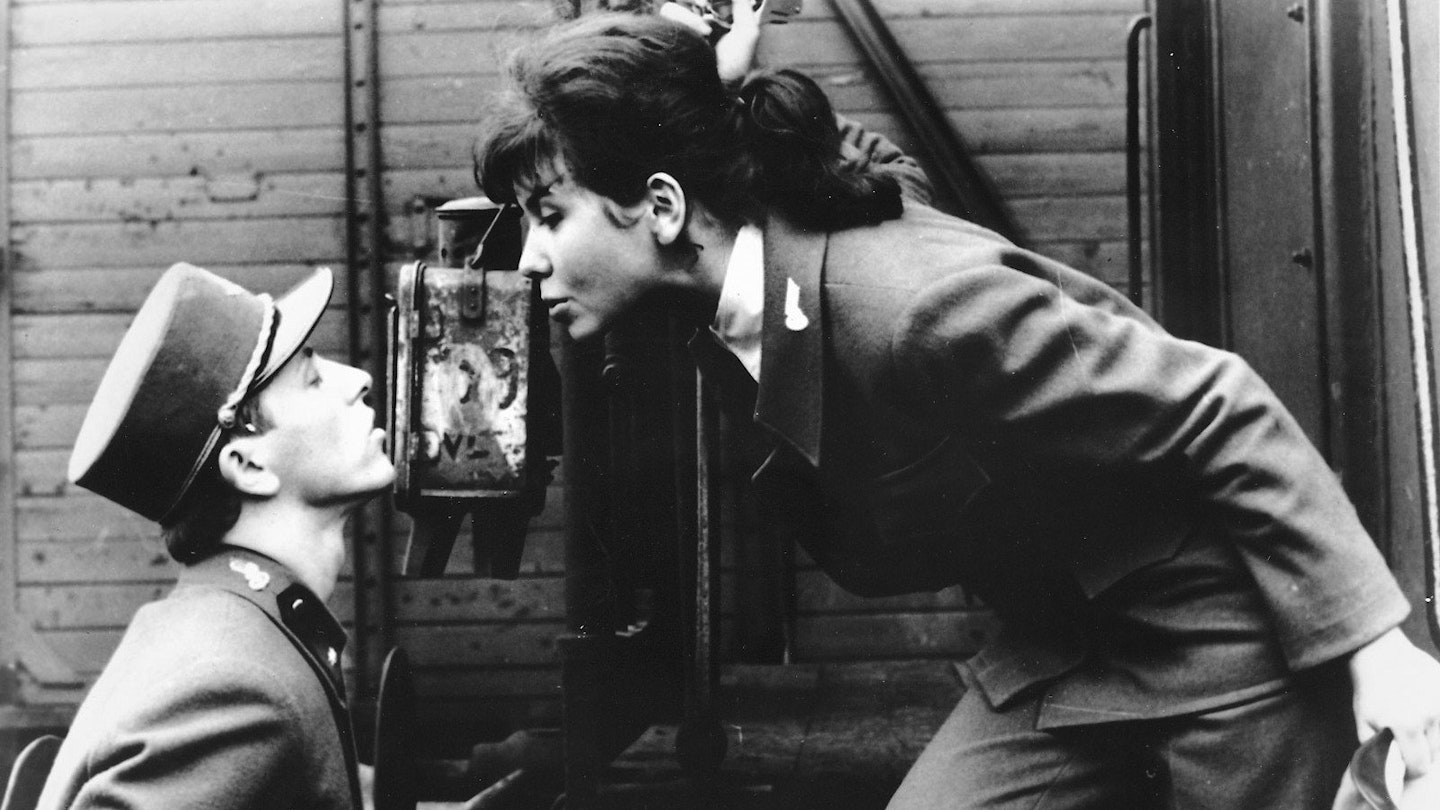After both Evald Schorm and Vera Chytilova turned down the chance to direct this adaptation of Bohumil Hrabal's acclaimed novel, feature debutant Jiri Menzel accepted with alacrity and won an Oscar for his pains.
Right from the opening sequence, in which Milos describes the misadventures of his hapless ancestors while proudly donning the uniform of a minor railway official, Menzel succeeds in both invoking the spirit of Jaroslav Hasek's seminal anti-war novel, The Good Soldier Schwek, and establishing a subversive sense of the absurd that would continue to characterise his cinema.
Played by pop star Vaclav Neckar, Milos is a genial innocent, whose wide-eyed incomprehension of the world around him contrasts with the cheerfully corrupt opportunism of the womanising guard, Hubicka (Josef Somer), and the blustering hypocrisy and subservience of Max (Vladimir Valenta), the stationmaster who is never happier than when tending his pigeons. Yet neither is depicted in an unsympathetic light. Indeed, even the Nazis shown ogling a trainload of nurses are merely presented as adolescent conscripts. Only Zednicek, the collaborationist controller, is denied any humanity and Menzel superbly deflates his pomposity during the scene in which he seeks to redefine a string of Wehrmacht setbacks as strategic triumphs.
Wartime resistance was a sacrosanct subject in 1960s Czechoslovakia and Menzel risked official ire by suggesting that combat was absurd and that heroism was as much a matter of chance as courage. Yet, there is still something deeply moving about the way in which Milos accepts his mission from Viktoria Freie (Nada Urbankova), the circus performer-turned-partisan, who had relieved him of the ignoble virginity that had earlier driven him to attempt suicide in a brotel. Yet, even in the midst of tragedy, Menzel can't help resorting to the surreal phallic imagery with which the action is studded, by showing the erect signal penetrating the billowing clouds of smoke.
